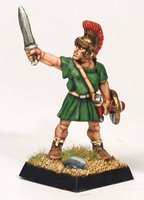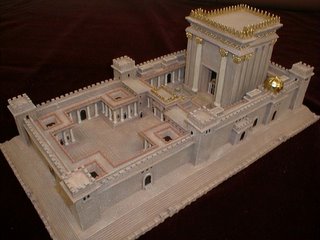Thought of the week - Miketz
B''H

Chanuka, the festival of lights!
Chanuka is a holiday that commemorates freedom! Jews when in their utmost glory, in their hardest times, came through with miracles upon miracles. These past 3-4 days as every year Chabad-Lubavitch organizations light public Menorah’s around the globe. With presidents, prime ministers, dignitaries’ even baseball stars!

Chabad reached the White House, and all the way across the globe to the Great Wall of China. They even reached outer space! All this is because Chanukah simply commemorates freedom, a war waged by a minority such as the Maccabies against the great big Armies of the Greeks.
An interesting thought then comes up.
Scientifically and Kabbalisticaly fire’s source is from above, hence the reason it flickers on a wick. If one was to observe a flame carefully one would be able to see how it tries to “run away” from the wick, eating away at the wick until it has finished burning. Then the fire disappears into smoke, which rises. As I was explaining last week regarding to the laws of physics that all that goes up must come down, Kabbalah and Chassidut explain that this is true too if it’s source is from the ground.
 Such as rocks, water and the like. However if it’s source is from above (as Kabbalah explains about fire, smoke, and wind that its source is right outside the atmosphere.) In short all is bound to its source in the end of the day.
Such as rocks, water and the like. However if it’s source is from above (as Kabbalah explains about fire, smoke, and wind that its source is right outside the atmosphere.) In short all is bound to its source in the end of the day.So too is true in our daily lives. We are here in Exile hopeing and praying for Messiah to save us from all our work, and deliver us to our source. This is just like the fire which has a job to burn out, but then finally go back to its’ source.
A lot of things can be learnt from a burning candle from the fire’s perspective. One thing we learn is the fire will keep burning until it has nothing left to burn on, even though it flickers and moves to and fro, it will not go out until it has finished. The same is true in our life. One must hold on and finish the task he came down here to do. Even if it means pushing and pulling, nothing should stop you from doing G-d’s divine will. One must hold tight in the greatest hardships and believe that he can pass it through. Scientifically the reason why fire moves to and from is due to the oxygen and air passing by it causing it to move. If one were to blow on the candle he is more likely to extinguish it, but try blowing out a burning house. The point is the greater the fire is the harder it is to take it out.

The same is true to our faith. As every one knows that the Jewish faith is the oldest of them all. This is because as much as they try to extinguish our faith, our fire is too great. They might be able to make it smaller but they will never be able to put it out. This is also a reason as to why the 3rd Temple will be built of fire, in order to remind us that we made it through all the troubles and now we are free!
This is connected to our Torah portion this week. Miketz literally means ‘ In the end.’ In the end of all Josef’s troubles (being sold, all the way to being falsely accused and thrown in the dungeons for over 3 years) was he then made second to king. Josef never lost faith in his dreams even though some 20 years has past since he had them. All through these 20 years he suffered greatly, and he still trusted G-d and kept holding on to his faith until finally they came true.
We learn from this a very special message in life we were promised that Messiah will come and redeem us. Even though so many years passed we still have to believe and pray for it to come. We have to beg G-d because we can’t take it any longer. We must believe with a fiery passion that our Messiah will come. May this Chanukah be a true gleaming point in our life, and let us get the greatest Chanukah gift of all… freedom.
Derived from Teachings of the Rebbe, www.shmais.com, the Talmud, and various Kabbalistic teachings.
© Yermi Kurkus/Thought of the Week.















